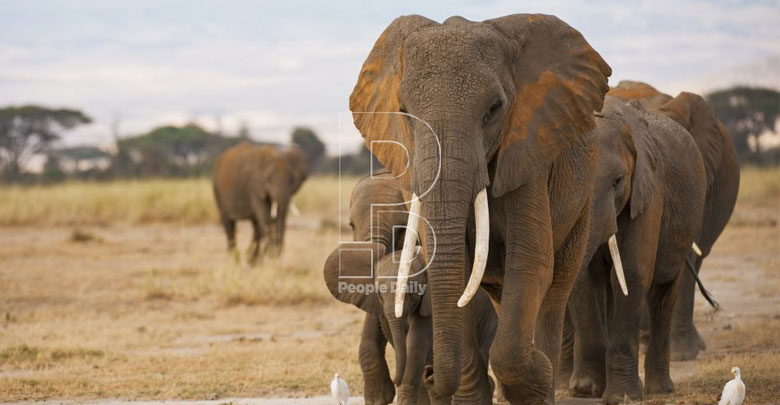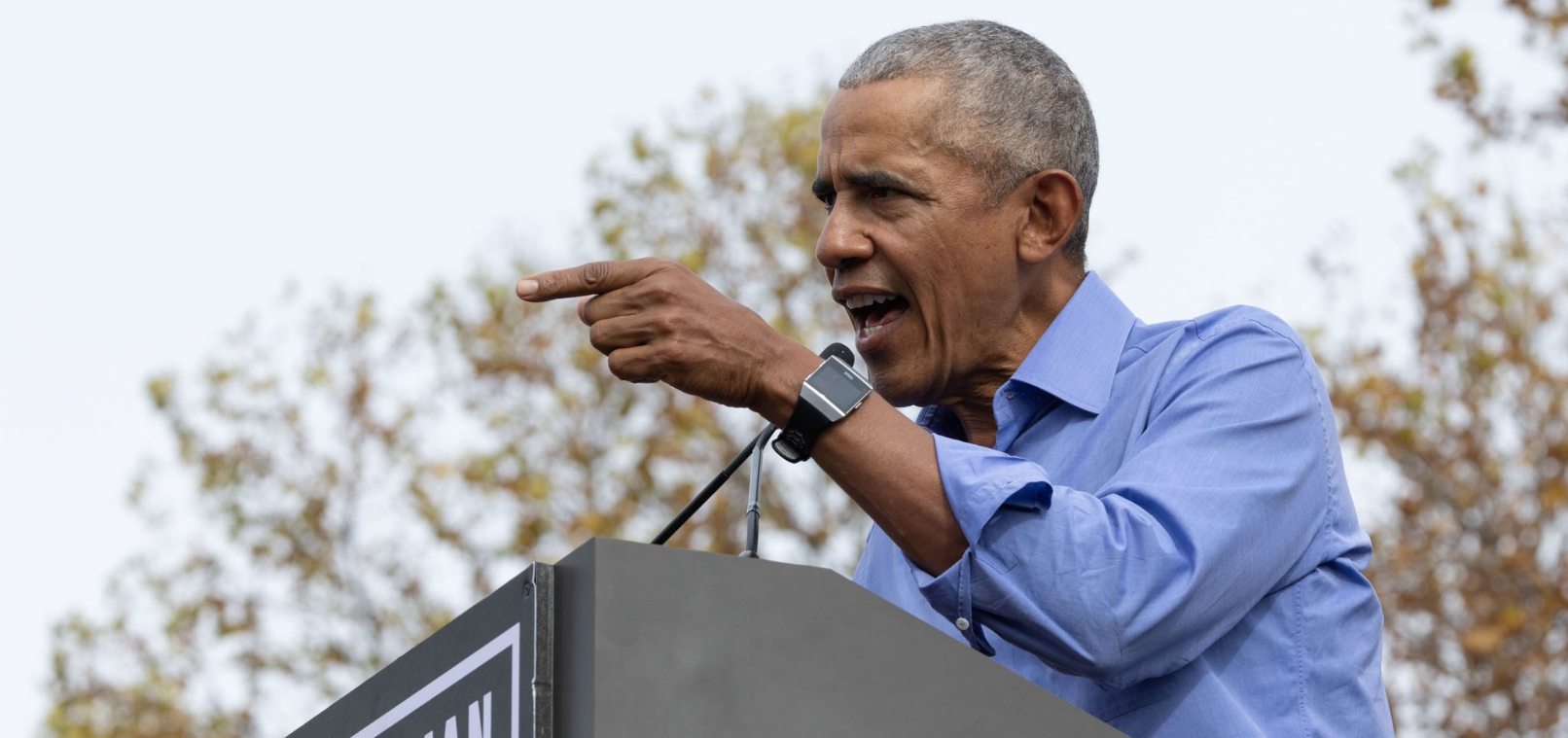Editorial Team
Delegates from 178 member Convention on the International Trade in Endangered Species (CITES) are scheduled to meet in Geneva, Switzerland in about a fortnight and likely to top debate will be recent steps among a number of southern African countries to relax ban on elephant hunting.
Botswana, Zimbabwe and Namibia have decided to allow culling, citing elephant population and adverse ecological impact and human/wildlife conflict. The contention is that proceeds from licensed hunting will be used to enhance fauna management.
Tourism and Wildlife Cabinet secretary Najib Balala while restating Kenya’s position against lifting ban on hunting at the weekend was emphatic that ban on ivory trade must remain in place and urged CITES to place elephants on Appendix 1, which calls for total ban in ivory trade globally.
The problem with the culling theory is that it will ultimately erode the thin line between legality and poaching activities with grave impact on jumbo population everywhere.
The poaching menace, especially of elephants and rhinos in Africa runs into thousands and is associated with grim statistics.
The conference must be resolute about enforcing the laws protecting endangered species and how to reduce demand in Asian countries.
In particular, China and Vietnam have repeatedly been called upon to put in place policies that reduce demand for rhino horn and ivory products and help debunk myths that rhino horn can cure dangerous illnesses.
Kenya’s wildlife is part of collective national heritage and remains crucial to our economic well being both in terms of the multi-billion-tourism industry and to biodiversity.
According to the World Wildlife Fund, international criminal elements are to blame for financing poachers, who are today using high-tech weaponry.
CITES meeting must discourage the trend of placing value on ivory as Balala argued, because doing so triggers demand.
It is common knowledge that trade in game trophies is demand-driven, so as much as sufficient efforts and investment must continue to be put in conservation, more thought must also be channeled towards curbing consumer trends.
Gains from prudent conservation efforts by Kenya in recent years have seen the population of elephants jump.
It is also important that more effective policies and stiffer deterrent measures are effected to make poaching both costly and needlessly expensive.










